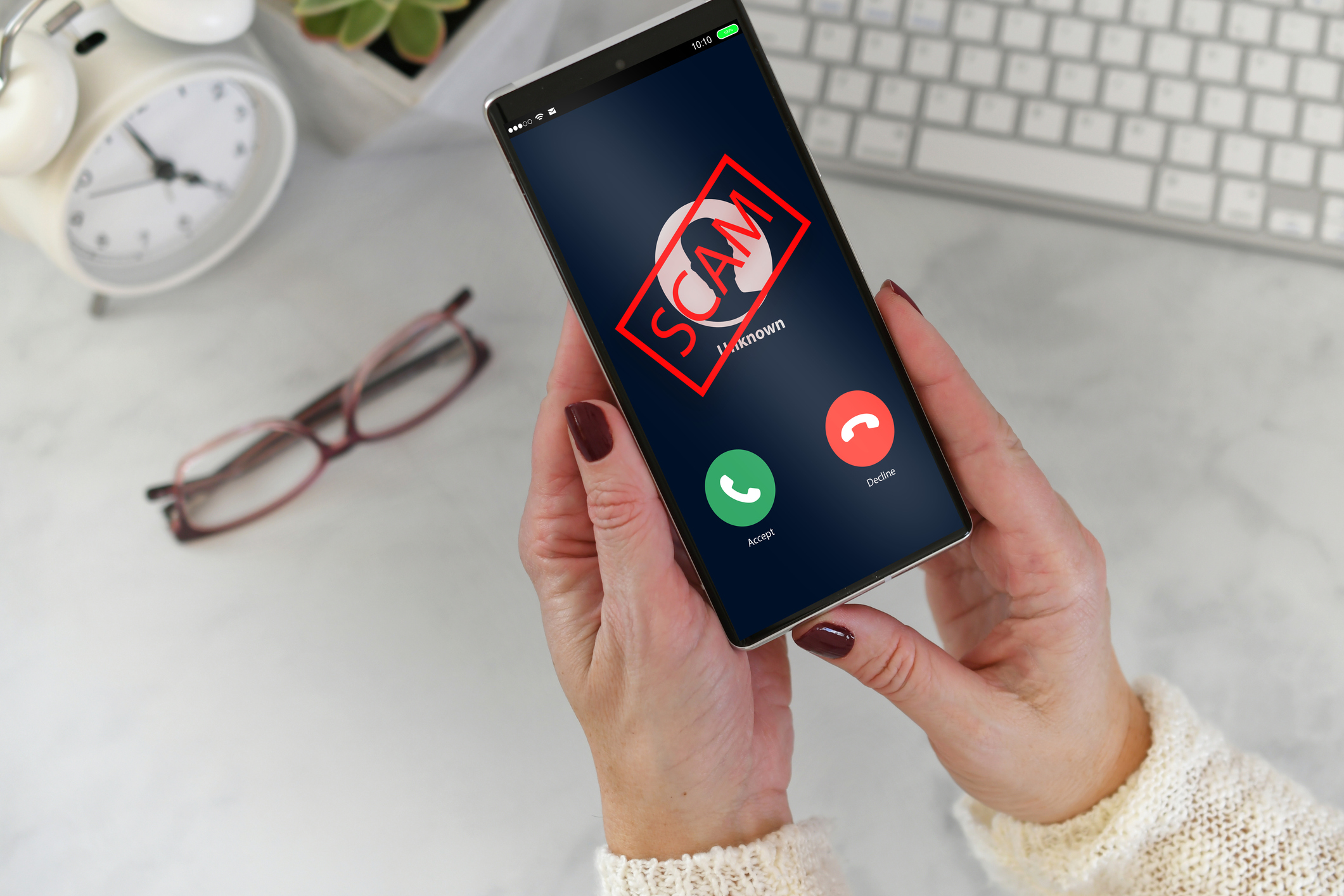Nowadays, it’s hard to know whether a text message or an email is real or fake. With scammers getting creative by copying official texts and emails word for word, the false messages can sometimes blend right in with the legit ones.
Well, recently a new scam text message has been going around regarding a “safe driver refund” and if you’re a resident of Michigan, you might’ve received something like this since this scam has most commonly targeted residents of the state. A resident of Dearborn, Sonia Hernandez, was almost one of its victims after receiving a sketchy text message that read, “Hey Sonia, your safe driver refund is ready. Click to view details.”
Hernandez knew it was unlikely, considering she had done damage to her cousin’s car, so a safe drive refund was unlikely. Luckily, Hernandez knew the text was strange and she didn’t click the link that was provided, which could have uploaded malware onto her device.
How do you know if a safe driver refund text is real
With scams being as common as they are, it can be difficult to spot a fake text message, email or other form of communication. The people who create these scams can make the notices seem completely real and can trick you into clicking on a link.
If you really were receiving something like a safe driver refund, just know that the message likely wouldn’t come over text. A refund like that would be sent via your insurance company or from the government and that wouldn’t come to you as a text.
Nakia Mills with the Better Business Bureau of Michigan explained, “Your insurance company, the government, they’re not going to, their initial outreach to let you know about this is not going to be a text message.” She also added that if you do receive a message like this, “Absolutely do not click on it.” Rather, you should report the message to the BBB’s Scam Tracker and then delete it.
Top signs you’re being targeted by a scam text
We always assume that we’ll never be taken by a scam, that it would be so obvious if something were untrue. However, it’s not always that easy. These scams come in all shapes and forms and they can be hard to check.
However, Mills shared that there are a few things that you could be on the lookout for if you think you might be a victim of a scam.
- Unsolicited text messages: Your insurance company must get your consent before sending you marketing messages and you have to select to allow them, so that is one tip off.
- Offers that seem too good to be true: If you are receiving a message about winning $10,000 and for you to share your bank account information, DON’T. You will never be asked to share personal or financial information via text message, email or anything similar.
- A sense of urgency from the sender for your response: Often, if you receive one of these messages, the sender will make it sound urgent, as if you don’t respond, something bad will happen. Don’t fall for the urgency.
Where to report scam texts like this
If you receive a suspicious text claiming to offer a “safe driver refund,” don’t respond or click any links. Instead, report the scam immediately. You can forward the message to 7726 (SPAM), a free reporting service used by most major wireless carriers. Additionally, file a complaint with the Federal Trade Commission (FTC) at ReportFraud.ftc.gov and submit the scam to the Better Business Bureau’s Scam Tracker at BBB.org/scamtracker. Reporting helps protect others from falling victim too.







